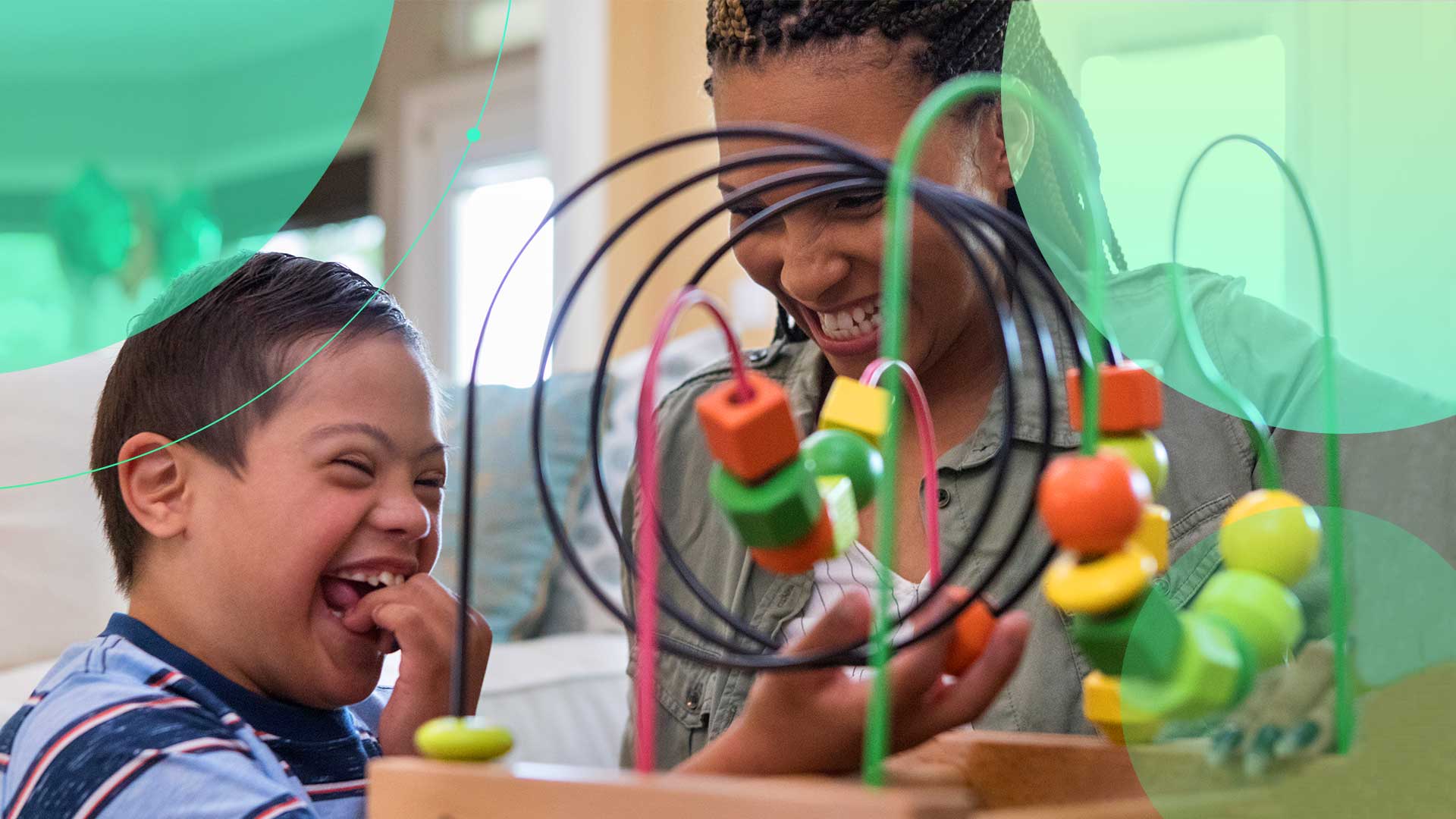The Special Care Counselling program (DEC) trains students to intervene appropriately with a range of clients having difficulties adapting or fitting in socially. This is accomplished in close collaboration with various professionals, such as remedial teachers, learning specialists, psychologists, directors of educational institutions, and occupational therapists.
This program is ideal for those who enjoy people and are good at listening. These candidates are looking for an ever-changing work environment and appreciate human contact. Their motivation includes forging professional relationships and having a positive influence on others. Openness, empathy and a penchant for teamwork are essential characteristics to work in this field.
LaSalle College provides students in the Special Care Counselling program with hands-on experience in the workplace through practical workshops, professional internships, and pre-graduation projects.







